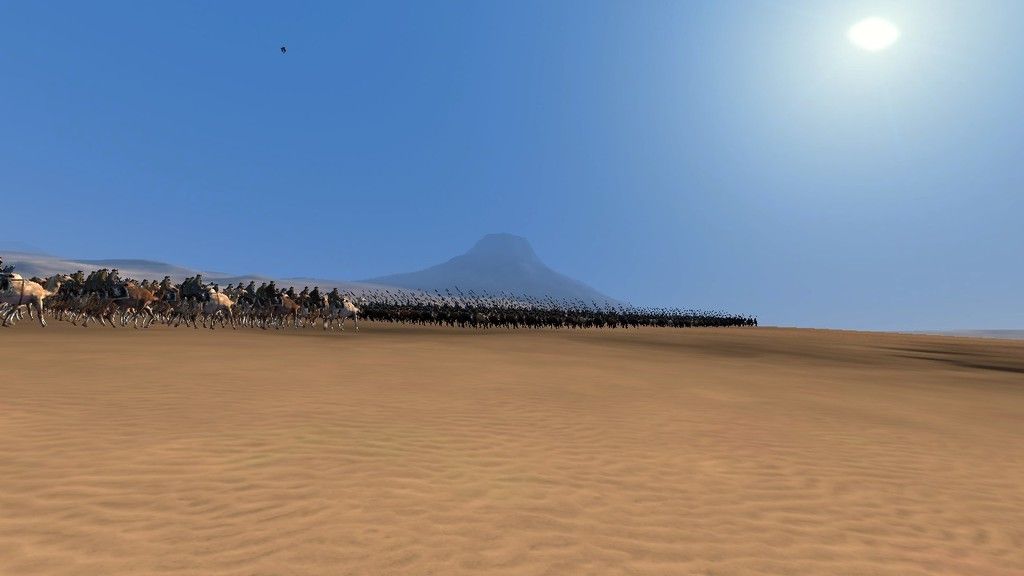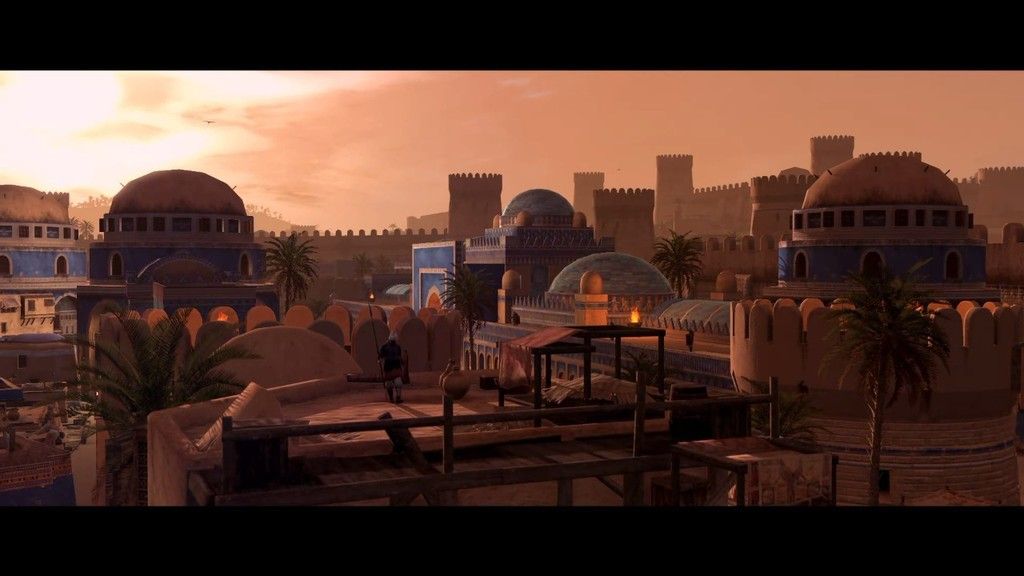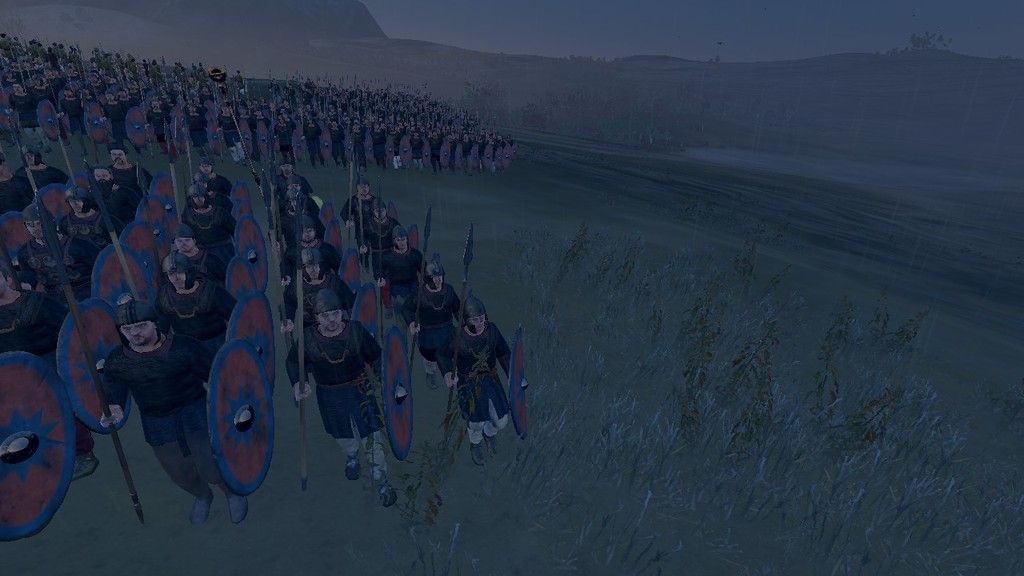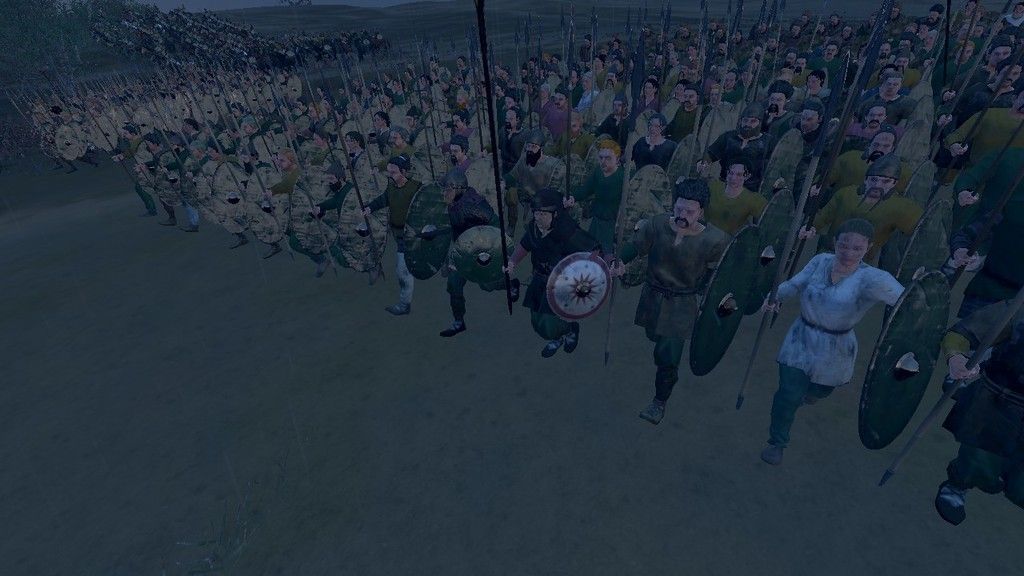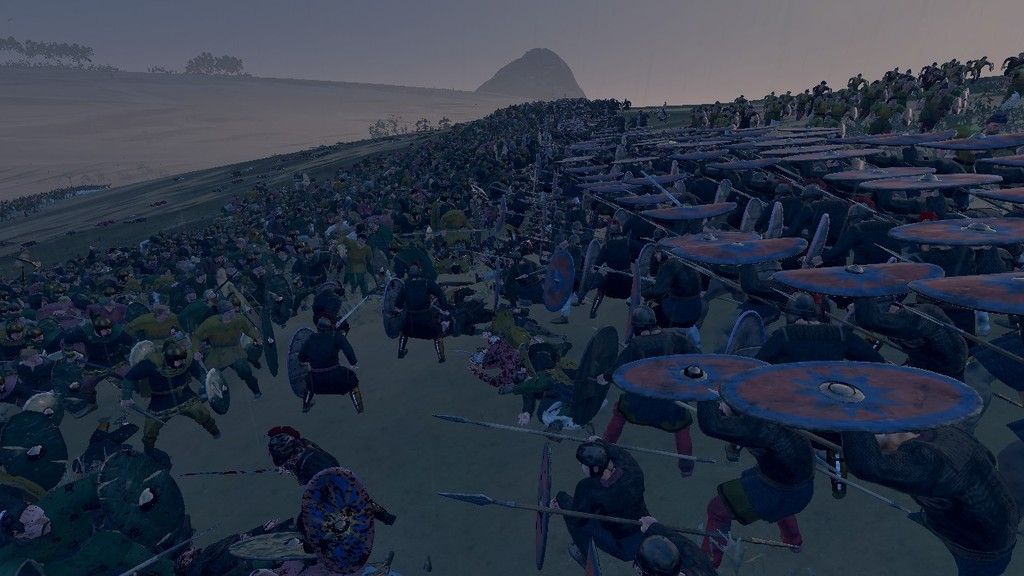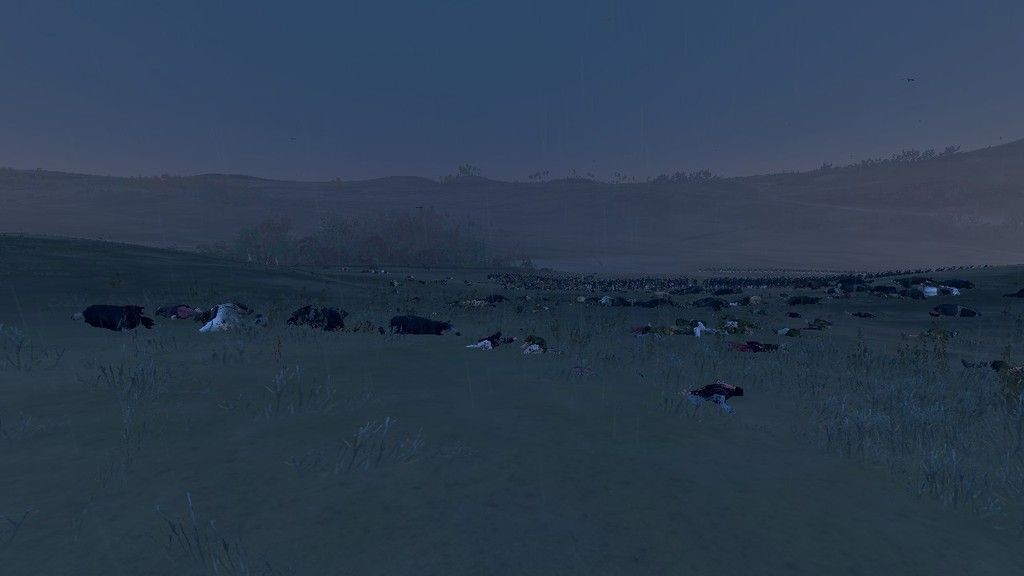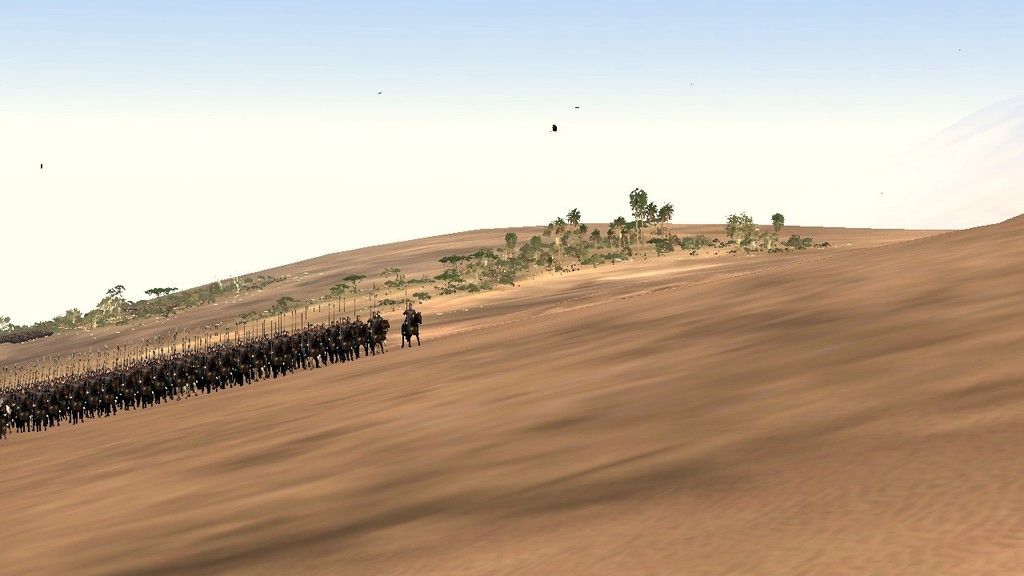
My name is Shapur. If you do not know that name, then you must be from very far lands. Perhaps the distant western isles, shrouded in mists, or the cold northern lands, all mountain or sea. Or perhaps the vast plains, of grass to the northeast or sand to the southwest, or even from the far cities of the east, past great rivers and mountains and a near endless desert, one that has swallowed entire countries. Or so they say.
I am Shapur, of a line of kings. There have been many great men before me. The founder of our great empire named his son Shapur, and he was a mighty king. My grandfather, too, was called Shapur, and he too was a great thinker who tried to reform the empire before his assassination. His father was also called Shapur and he fought many great wars. So perhaps my name is why people expected so much from me.
My story really begins in the year the Christians say came 400 turns of the seasons after the birth of their God. There are many ways of marking the years, but for now this will suffice.
As I have said, my great-grandfather's name was Shapur, defeater of the Romans and Arabs, and he revitalized an empire on the brink of destruction. He had three failings, or so his sons said. First and formost he was like Hannibal. He could crush the Romans but could never take and hold any of their lands. Secondly, he persectuted minorites in a patchwork empire, while at war, leading to unnecessary unrest. And third, the gods saw him to be worthy of great tests, for he was to fight not only the Romans, who in their arrogance call themselves of the East, and the Arabs, but also the nomadic tribes northeast of Persia.
These he defeated too leaving the groundwork for a mighty empire.
His sons and grandsons Bahran and Yazdegerd were quite different from him. Bahran, the elder of the two and my uncle, inherited the empire from Shapur's son Shapur, and for the beginning of my young life we knew peace. My father Yazdegerd hated war, often stating that it was good for absolutely nothing. I think his outlook influenced Bahram a lot, for he was not the best of rulers. He was not particularly weak, but he was very suspicious of others, which can be a good thing for a king. Especially a King of Kings. He was, however, easily swayed by his advisors.
For our Shahanshah was just that: a king of lesser kings. Our own lands spanned the provinces of Asoristan, Spahan, ancient Persis, and the eastern part of Osroene which was our border with the Romans. These lands were ruled directly by my family and their vassals. And then there were the other kings.
I shall now describe things as they were in 393, to give a background to our story. I was at this time 14 and Bahran 40.
To the north on the shore of the Caspian sea was Atropatene, ruled by Balashi, who was at this point 28. He was a friendly man, which was good, for Atropatene was a strong kingdom. Its ancient capital of Ecbatana had strong walls and the Atropaten
To the north of Atropatene, on the western shore of the Caspian sea was Armenia, the focal point between many of the squabbles between the Sassanians and Romans. It was ruled by Vardanes, a harsh man who had seen 45 winters and was usually distant from the main court; he was watched closely.
Lazica's king Izates was an old man who owed his allegiance to Constantinople; his lands were north of Armenia, as were the Kartli. They were and independant people, strong, and ruled by Osaces, with roots in the northern steppes. East of them, again bordering the Caspian, was Arran , ruled by Aryu, and while technically we were allies, they were essentially our vassals.
Albania
East of the Caspian were the horse lords and the realms of Chorasmia - Afrighids, Parthia, Hyrcania- Abarshahr and Aria, ruled by Shamash-shum-ukin, Ubar, Parthamaspates, and Hunzuu. of that lot only Parthamaspates of Hyrcania was really trustworthy, and Chorasmia was nearly independant.South of them was Makran, ruled by the yar old Ishme-dagan, a man who simply wanted to keep his lands peaceful.
Across the Sea of Parsis in Arabia were our last two kingdoms, Mazun Maca and the Lakhmid Kingdom. Mazun was rulled by Anmar, a fickle but man whom I found agreeable enough and only ten years my senior. Then there were the Lakhmids. King at just 21, Al-Nuaman professed his loyalty loudly, but in truth... well, we'll get to that.
That leaves only the smaller kingdoms of the area: the Homeritae - Himyar in southern Arabia and the Ghassanids of the northern desert; Axum and Nobatia along the Nile.
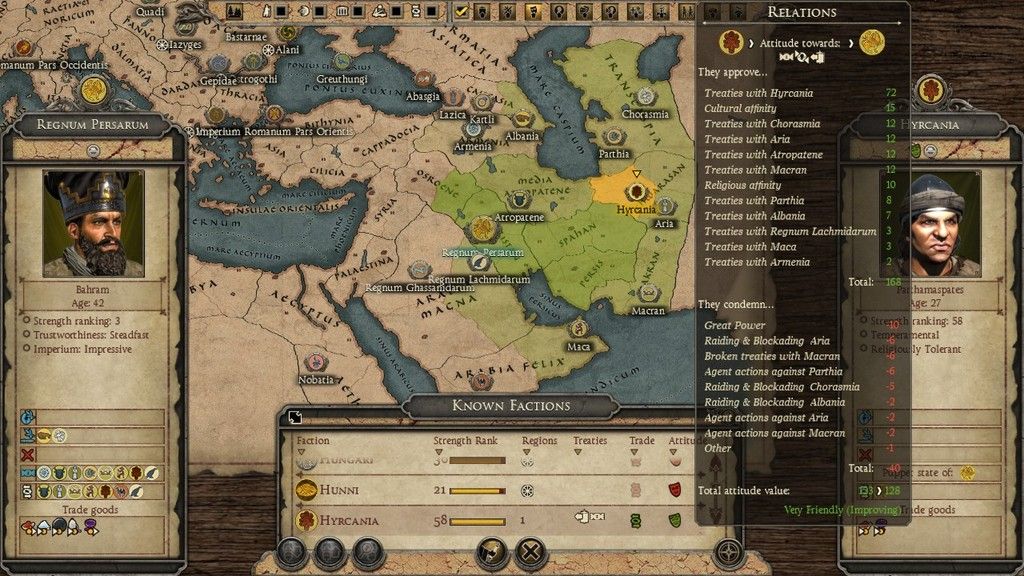
At this point these men were all just names to me, save for Balashi. Since Atropatene's capital Ecbatana was close, he came to Ctesiphon frequently and was a big man in both girth and height; he had an impressive mustach and a magnificent beard and his hair was, like most of us, black.
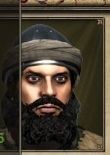
My family consisted of more than just the Shahanshah and my father, of course. Bahran's queen was called Zakiti and was 10 years his junior; she came from Atropatene and her frequent expenditures undermined Barhran's power, but only to a small extent. Their son Khosrau, my cousin, was born 2 years before me and set to inherit the position of Shahanshah on Bahran's death. He was darker than I and at sixteen was beginning to cultivate what would become a magnificent mustach, and he was already married to an intelligent girl called Gemeti, daughter of a Deqhan the East. His younger sister Ahati-waqrat would soon ready to marry as well.
My father Yazdegerd was 38, his second wife Shushandukhi younger though they were quite different; my mother had passed to Azur during childbirth when I was two. My father was mild until sufficiently provoked, and as i have mentioned before, he hated war, and could be relied upon to keep his word. He did, however, allow me to train to be a warrior as all of our nobles do. Shushandukhi was a vile woman and had our servants beat unmercifully. She ruled the household with an iron fist, which in my eyes was unnecessary. Our servants accepted the lot the Gods had given them at their births. My younger brother Bahran was 12, named for our uncle, and hated the sight of blood; his was slim and kept his hair very short.
As the year 393 drew to a close I had just turned 14. I was tall, proud, revelled in my education in both the arts and war, and on my way to the meeting of kings. My hair, as ever, was long and I let it fall to my shoulders, and my skin was bronzed from the Mesopotamian sun.
I was on the training grounds, under the watchful eyes of Narsieh. He was the noble in charge of the governance of Asoristan and lived in Arbela, as did I at the time, for I was under his tutelage for all things: warfare, management, and indirectly religious duties. My father had sent me north from Ctesiphon for "I had to learn from others and outside of the capital's walls." And so I had, and I am glad of it.
Narsieh was a good teacher. He was a strange man and I think that is why my father liked him, for he was not afraid to thrash me if I was lazy and would do it himself. I learned to listen to his word, to be ready for work at all times, and eventually to respect him. He was also a follower of Mazdakism, a teaching that would soon be the subject of heated debate.
During this time I became close with his son Farrukhzad Kosrau.
In any case, we were on the training field, around 300 or so nobles' sons, when Narsieh waved us over. I barked a command and my detatchmen of 80 horsemen broke off from our maneuvers and trotted over to him. I'd like to say it was done smoothly, but moving a formation of men and horses outfitted in heavy cataphract armor is difficult. Which is why we practiced day in and day out, for our cavalry was the iron-plated heart of our armies.
When we arrived in front of him I was not surprised to see my father. He visited often enough. But I was surprised to see him so richly dressed so far from Ctesiphon. He was accompanied by a royal ceremonial escort, horsemen in rich armor with long, bright banners. He smiled as he watched our approach and said something to Narsieh, which made him laugh.
"They are performing admirably my friend," Narsieh said, which was a surprise for he rarely gave us compliments. "I could not compliment you too often," he said, having evidently noticed my surprise. "It would inflate your egoes."
My father nodded his agreement. "Shapur," he said, "your uncle and I have decided that you will come to the meeting of kings this year. Chose 20 companions to come with us as your guard. Be ready in two hours."
And with that he rode away. "Two hours?" asked Farrukhzad. "Why would he need so long?"
I turned to Narsieh. "Do I need to arrange for my company's food and travel?" He nodded, and I sighed. "Very well. Farrukhzad, with your father's permission I would have you come. And Aram, Ohrmazd, Hardar, Hamun, Aydin, Isatvastra, Erfan, Amavand, Hamid, Erfan, Faamarzm, Farbod, Hadish, Nima, Nariman, Nader, Balash, Haldita, and Artostes.
Within an hour I had my men drawn up alongside my father's and the servants bringing our supplies. They were picked from the best of us, my closest friends, and the sons of my father's staunchest supporters, as well as Amavand, whose family we hoped to earn some gratitude from.






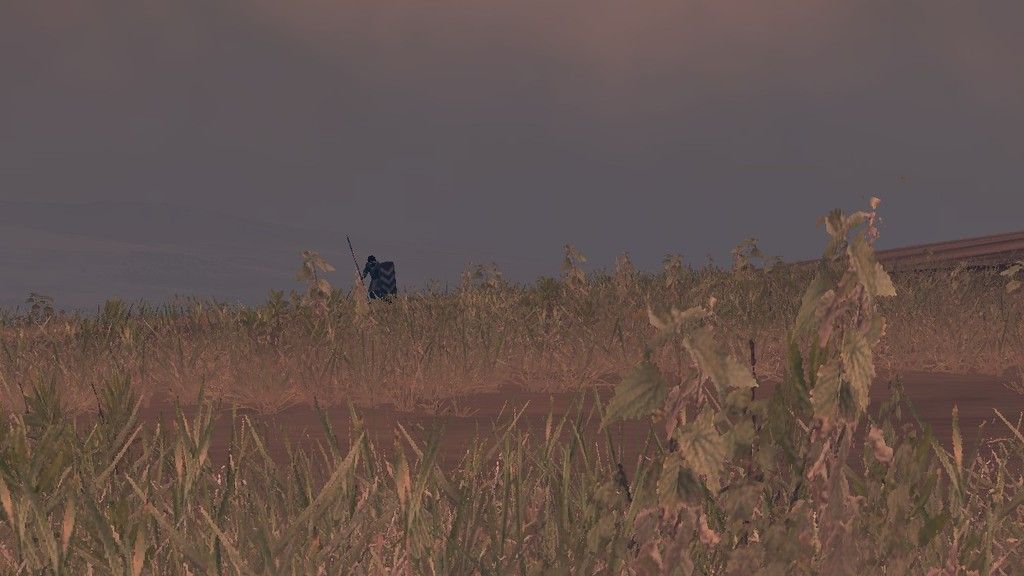
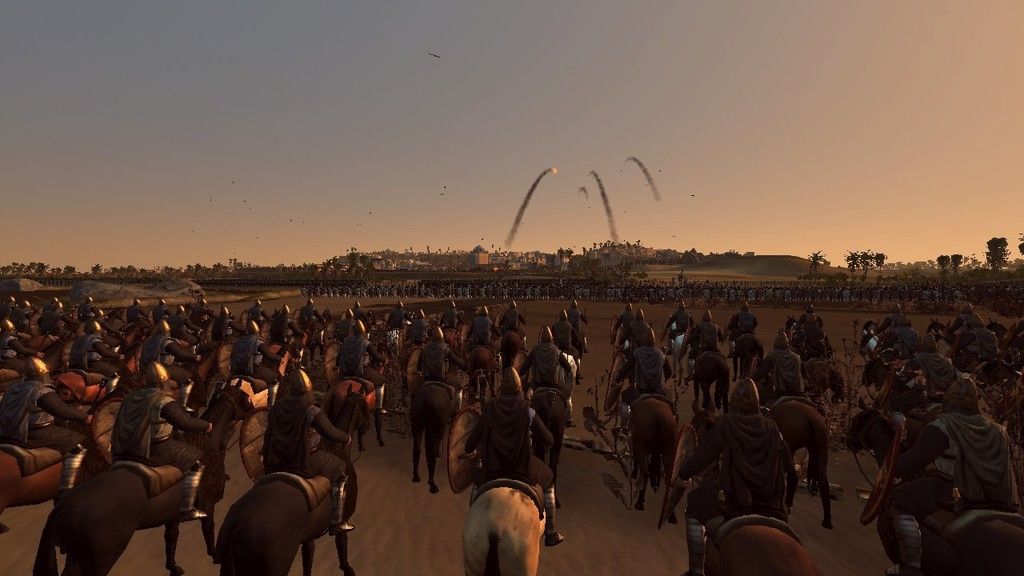


 Reply With Quote
Reply With Quote




























